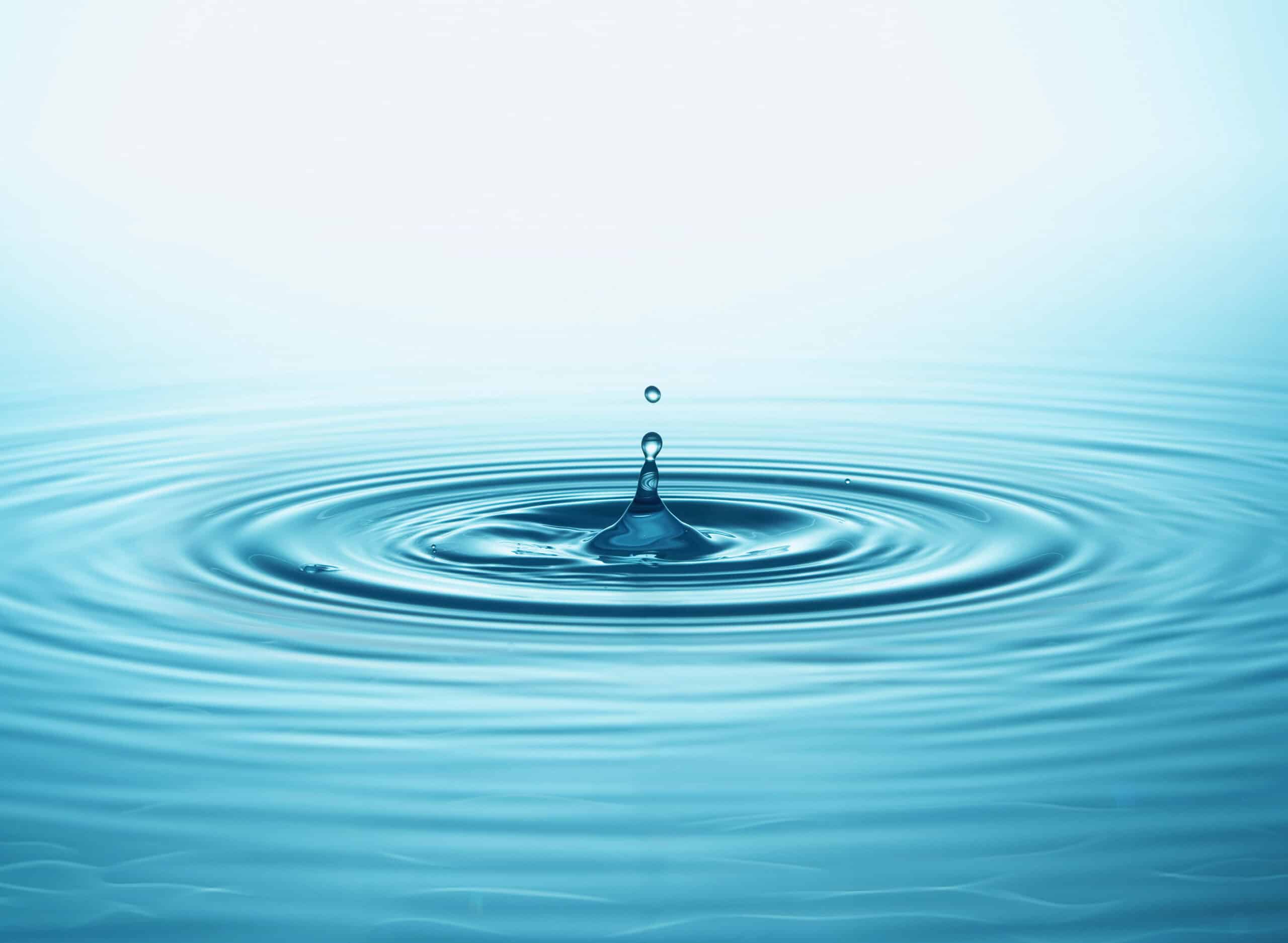“Water is the lifeblood of human beings, and all life on Earth,” – David R. Boyd (UN expert on human rights and the environment)
Many South African provinces have been suffering with water issues. Administration is suspected to have used the water shortages in the various locations for nefarious ends. Claims of deliberate sabotage continue to plague the public. Too many South Africans experience growing up without clean, safe drinking water. In South Africa, over three million South Africans lack “access to a basic water supply” and more than 14 million South Africans lack “access to safe sanitation.” People drink water from contaminated water supplies in their environments daily.
Thousands of water systems supply the South Africa’s over 60 million people, and a concerning percentage of them have some type of contaminate, e.g. nitrates, bacteria etc., in them. That means communities can’t safely drink the water or use it to cook or for cleaning. Most of the failing infrastructure systems are in economically disadvantaged communities, many in rural areas; the country’s agricultural heartland.
Government agencies provide billions in grants for design and construction to improve water infrastructure. That may include building new treatment plants, consolidating water systems or other actions designed to improve water quality.
5 facts: Global access to clean water
Developing countries, particularly in Sub-Saharan Africa and Asia are the most affected by the unsafe drinking water. According to the World Health Organization, the top 5 areas for unsafe water are:
- Sub Saharan Africa – 319 million people
- Southern Asia – 134 million people
- Eastern Asia – 65 million people
- South Eastern Asia – 61 million people
- All other regions – 84 million people
MEB has exclusive distribution partnerships with leading technology companies; and our primary objective is to provision a solution to the problem of unclean water and in doing so, acknowledging that water may be too precious to be just sidelined as infinite resource.

